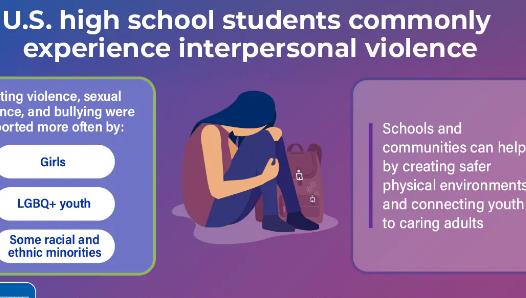Addressing the Risks Associated with Gay Sexting
Identifying the Main Concerns: Privacy, Consent, and Emotional Impact
Gay sexting, while a popular form of communication within the gay community, carries its own set of risks that demand careful consideration and management. From privacy breaches to emotional repercussions, the stakes are high. Recent studies indicate that approximately 40% of individuals who engage in sexting experience some form of regret or discomfort post-interaction, signaling the need for heightened awareness and better practices.

Securing Privacy: A Top Priority
Privacy concerns are at the forefront of gay sexting. Engaging in this activity necessitates stringent security measures to prevent unauthorized access to sensitive information. Encryption and secure apps are your first line of defense. Reports from the Electronic Frontier Foundation stress the importance of using platforms that offer robust end-to-end encryption to safeguard communications against potential cyber threats.
Ensure Explicit Consent
Consent is critical in all sexual interactions, including digital ones. It's imperative to obtain clear, enthusiastic consent before initiating or escalating sexting. According to a survey by the Pew Research Center, over 50% of sexting incidents among adults did not involve explicit consent discussions beforehand, often leading to uncomfortable or unwanted exchanges.
Handling Sensitive Content with Care
Once digital content is shared, it's out there indefinitely. Discuss and mutually agree on the handling of sensitive content, such as images or explicit messages, to ensure it isn't saved or distributed without consent. Implementing a "no screenshots" agreement can be a practical step, although not foolproof.
Addressing Emotional Well-being
The emotional implications of gay sexting can be profound. Open dialogues about expectations and feelings can mitigate negative emotional impacts. A supportive approach to any discomfort or regret following sexting can prevent deeper emotional distress. Emotional safety nets are as crucial as technological ones.
Responding to Misuse or Abuse
When sexting goes wrong, such as through the non-consensual sharing of private content, knowing how to respond is essential. Legal avenues exist for addressing such breaches, and many regions now recognize cyber harassment as a punishable offense. Awareness campaigns and support groups offer guidance and resources for those affected.
Educating for a Safer Tomorrow
Empowering the gay community with the knowledge to handle sexting safely is vital. Educational initiatives focusing on the risks, legal rights, and responsible practices are crucial for fostering a safe digital environment.
Staying Ahead of the Curve
Continuous education about the latest security technologies and legal protections plays a significant role in safeguarding the interests of those who participate in gay sexting. As technology evolves, so too should our understanding and approaches to managing these risks effectively.
The Takeaway
Navigating the complexities of gay sexting requires a multi-faceted approach that encompasses legal, technological, and emotional considerations. By addressing these risks head-on, individuals can enjoy the benefits of digital intimacy without undue exposure to its potential pitfalls. The journey towards safer sexting practices is ongoing, and staying informed is the key to protecting oneself in the digital age.
